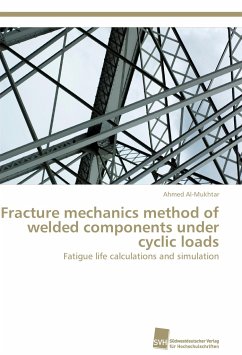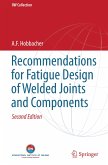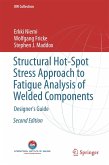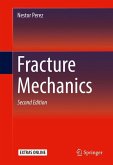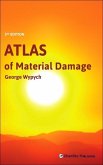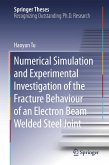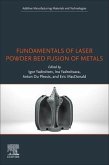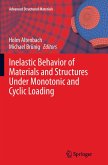Fracture Mechanics process of Welded Joint is a very vast research area and has many possibilities for solution and prediction. Although the fatigue strength (FAT) and stress intensity factor (SIF) solutions are reported in several handbooks and recommendations, these values are available only for a small number of specimens, components, loading and welding geometries. The available solutions are not always adequate for particular engineering applications. Moreover, the reliable solutions of SIF are still difficult to find in spite of several SIF handbooks have been published regarding the nominal applied SIF. The effect of residual stresses is still the most challenge in fatigue life estimation. The reason is that the stress distributions and SIF modified by the residual stresses have to be estimated. The stress distribution is governed by many parameters such as the materials type, joint geometry and welding processes. The atigue strength (FAT) of load-carrying and non-load carrying welded joints with lack of penetration (LOP) and toe crack, respectively, are determined using the LEFM.
Bitte wählen Sie Ihr Anliegen aus.
Rechnungen
Retourenschein anfordern
Bestellstatus
Storno

